Regularly drinking strong tea causes kidney damage
According to the World Health Organization (WHO), fluoride is an essential micronutrient in very small amounts, but when the body absorbs too much, it will lead to the risk of fluoride poisoning, causing harm to bones, teeth and especially the kidneys. This is the main organ responsible for excreting fluoride.
Drinking strong tea regularly affects health (Photo: Getty).
WHO recommends that fluoride levels in drinking water should not exceed 1.5 mg/l. However, research by Environmental Health Perspectives has shown that some teas, especially strong teas that have been brewed for a long time, can contain fluoride levels 2-3 times higher than recommended.
Dr. Gary Whitford, an expert at Georgia Regents University (USA), said that tea is the largest source of fluoride intake other than drinking water. Drinking a lot of strong tea means taking in a significant amount of fluoride into the body, increasing the risk of fluoride poisoning, leading to kidney damage and kidney tissue fibrosis if prolonged.
Drinking strong tea after alcohol is a combo that destroys the kidneys.
Another common mistake is drinking strong tea immediately after drinking alcohol to “sober up.” According to a report by the International Society of Nephrology (ISN), theophylline in tea has a diuretic effect, causing the body to quickly eliminate water.
When drinking a lot of alcohol, ethanol enters the blood faster than the liver can metabolize it. Meanwhile, the kidney is the organ that filters the blood, so ethanol will reach the kidney, possibly causing damage to renal tubule cells if the concentration is too high.
If you drink strong tea (which causes diuresis), it can reduce blood volume, leading to kidney ischemia.
Combining strong tea and alcohol will increase the burden, possibly leading to acute nephritis, especially in people with a history of kidney disease.
Risk to the stomach
Strong tea contains high levels of caffeine and theophylline, which can strongly stimulate stomach wall cells, increasing gastric acid secretion.
According to research, people who drink 3 or more cups of strong tea a day have a 1.7 times higher risk of developing duodenal ulcers than people who drink weak tea or do not drink tea.
Long-term erosion of the gastric mucosa can lead to inflammation, congestion, edema, erosion, even gastric ulcers and gastrointestinal bleeding.
Increased burden on the heart, risk of stroke
Research published in the European Journal of Preventive Cardiology shows that caffeine in strong tea increases heart rate and blood pressure temporarily, but if consumed too often, the heart must work continuously at a high level.
In patients with a history of cardiovascular disease, this can easily lead to arrhythmia, acute heart failure or stroke.
People with a history of high blood pressure or coronary artery disease should not consume more than 200mg of caffeine per day (equivalent to about 2 cups of strong tea), exceeding this level can double the risk of death from cardiovascular events.
Affects nutrient absorption
Tannic acid in strong tea can hinder iron absorption, causing iron deficiency anemia if used regularly, especially in pregnant women and children, who are susceptible to iron deficiency.
One study found that drinking strong tea with meals can reduce iron absorption from food by up to 60%.
In addition, tannic acid combines with protein and vitamin B1 in food to form insoluble precipitates, which can easily cause prolonged constipation.
Dr. Sharon Palmer, an American nutritionist, recommends: "If you cannot give up the habit of drinking strong tea, at least drink it 1-2 hours before meals to limit the impact on iron absorption."
Medical experts advise that if you want to drink tea safely, you should only drink weak tea, not too strong; you should not drink tea immediately after a full meal or after drinking alcohol.
In addition, you should use quality-tested tea to avoid fluoride accumulation beyond the safe threshold. In particular, people with a history of stomach, kidney, or cardiovascular disease should consult a doctor before maintaining the habit of drinking tea every day.
Source: https://dantri.com.vn/suc-khoe/uong-tra-nhu-the-nao-de-khong-gay-hai-cho-than-20250629184639666.htm



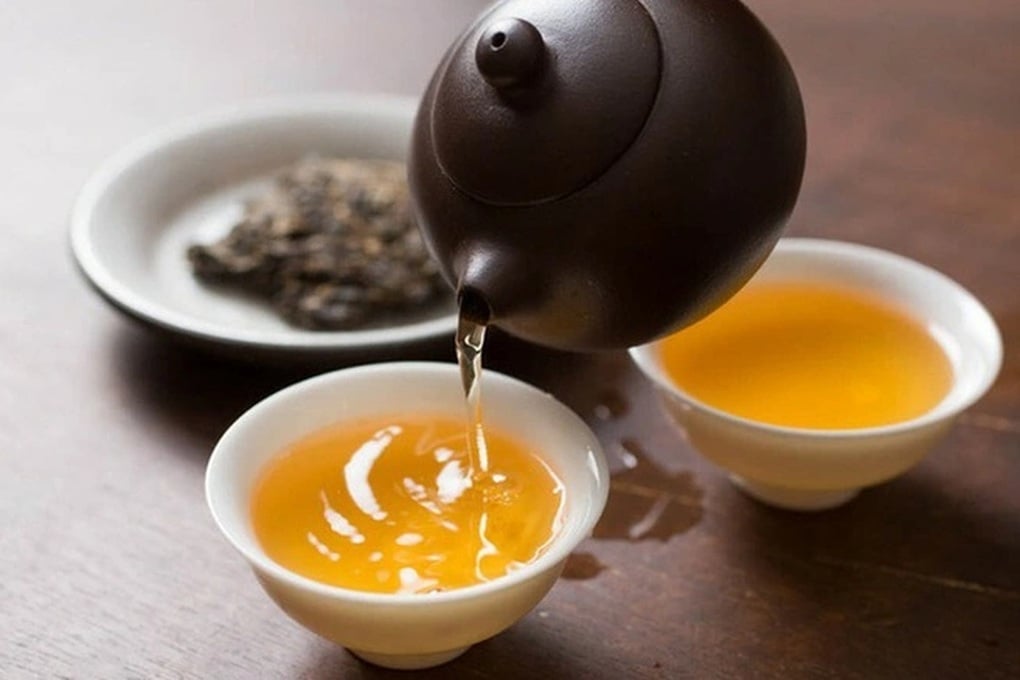
![[Photo] Parade blocks pass through Hang Khay-Trang Tien during the preliminary rehearsal](https://vphoto.vietnam.vn/thumb/1200x675/vietnam/resource/IMAGE/2025/8/27/456962fff72d40269327ac1d01426969)


![[Photo] Images of the State-level preliminary rehearsal of the military parade at Ba Dinh Square](https://vphoto.vietnam.vn/thumb/1200x675/vietnam/resource/IMAGE/2025/8/27/807e4479c81f408ca16b916ba381b667)


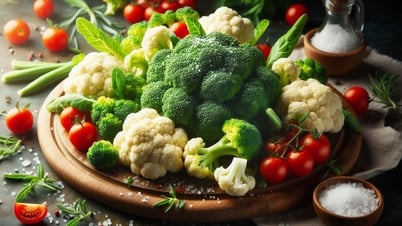

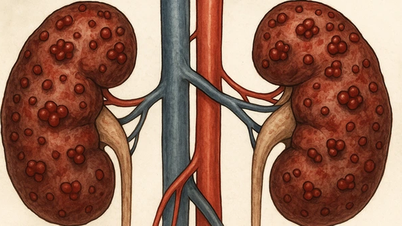

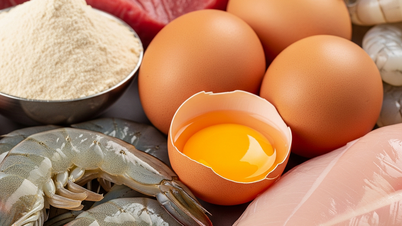
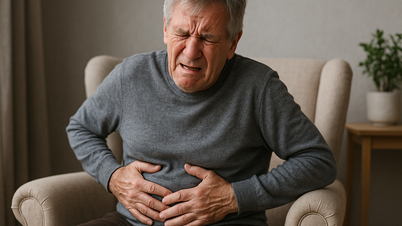

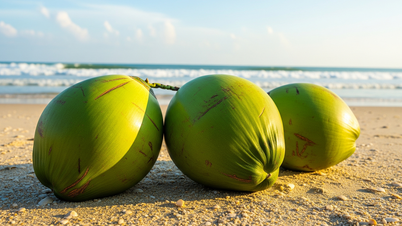















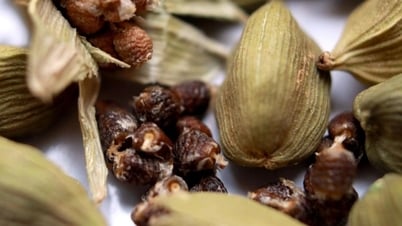





































































Comment (0)